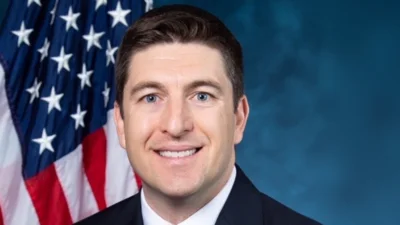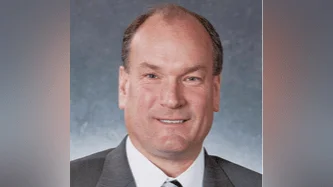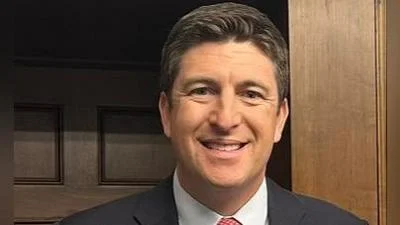Mark Spreitzer, Illinois State Senator for 15th District | www.facebook.com
Mark Spreitzer, Illinois State Senator for 15th District | www.facebook.com
According to the Wisconsin State Legislature's official website, the bill was described as follows: "authorizing electors to vote in the primary of more than one political party. (FE)".
The following is our breakdown, based on the actual bill text, and may include interpretation to clarify its provisions.
In essence, this bill allows voters in Wisconsin partisan primaries to vote for candidates across different political parties, enabling ticket-splitting where electors can choose their preferred candidate for each office regardless of party affiliation. It also permits voters to select independent candidates while still voting for party candidates in state or county offices. The bill does not change the voting process for general elections or other partisan elections. It makes several modifications to existing statutes around voting procedures, ballot preparation, and political party representation on ballots. The new procedure will be effective for the 2026 partisan primary election.
The bill was co-authored by Representative Sylvia Ortiz-Velez (Democrat-8th District), Senator Sarah Keyeski (Democrat-14th District), and Senator Jamie Wall (Democrat-30th District). It was co-sponsored by Representative Mike Bare (Democrat-80th District), Representative Angelina M. Cruz (Democrat-62nd District), and Representative Alex R. Joers (Democrat-81st District), along with two other co-sponsors.
Mark Spreitzer has co-authored or authored another 106 bills since the beginning of the 2025 session, with all of them being adopted.
Spreitzer graduated from Beloit College in 2009 with a BA.
Spreitzer, a Democrat, was elected to the Wisconsin State Senate in 2023 to represent the state's 15th Senate district, replacing previous state senator Janis Ringhand.
In Wisconsin, the legislative process starts when a senator, constituent, group, or agency proposes an idea for a bill. After drafting, the bill is introduced, numbered, and referred to a committee for review and public input. If approved, it moves through three readings and votes in both the Senate and Assembly. Once both chambers pass the same version, the bill goes to the governor, who can sign it, veto it, or let it become law without a signature. Only a small share of bills introduced each session ultimately become law. You can learn more about the Wisconsin legislative process here.
| Bill Number | Date Introduced | Short Description |
|---|---|---|
| SB361 | 06/27/2025 | Authorizing electors to vote in the primary of more than one political party. (FE) |
| SB321 | 06/12/2025 | Adopting gender-neutral terminology and incorporating gender-neutral marriage and parentage rights. (FE) |
| SB320 | 06/12/2025 | Grants for LGBTQIA+ rights training for school counselors and school social workers and making an appropriation. (FE) |
| SB288 | 05/30/2025 | Authorized lights for funeral procession vehicles |
| SB272 | 05/21/2025 | Eligibility for Family Care for individuals who are deaf-blind. (FE) |
| SB233 | 04/29/2025 | Inducements to sign or refrain from signing nomination papers, recall petitions, and certain other petitions |
| SB223 | 04/25/2025 | Discrimination in employment, housing, public accommodations, education, insurance coverage, national guard, jury duty, and adoption and in the receipt of mental health or vocational rehabilitation services |
| SB217 | 04/16/2025 | Eliminating the publication requirement for a name change petition seeking to conform an individual’s name with the individual’s gender identity |
| SB185 | 04/14/2025 | Property tax exemption for nonprofit theaters. (FE) |
| SB149 | 03/21/2025 | Requiring the legislature to convene an extraordinary session if an executive order of the president of the United States freezes federal aid to the state |





 Alerts Sign-up
Alerts Sign-up